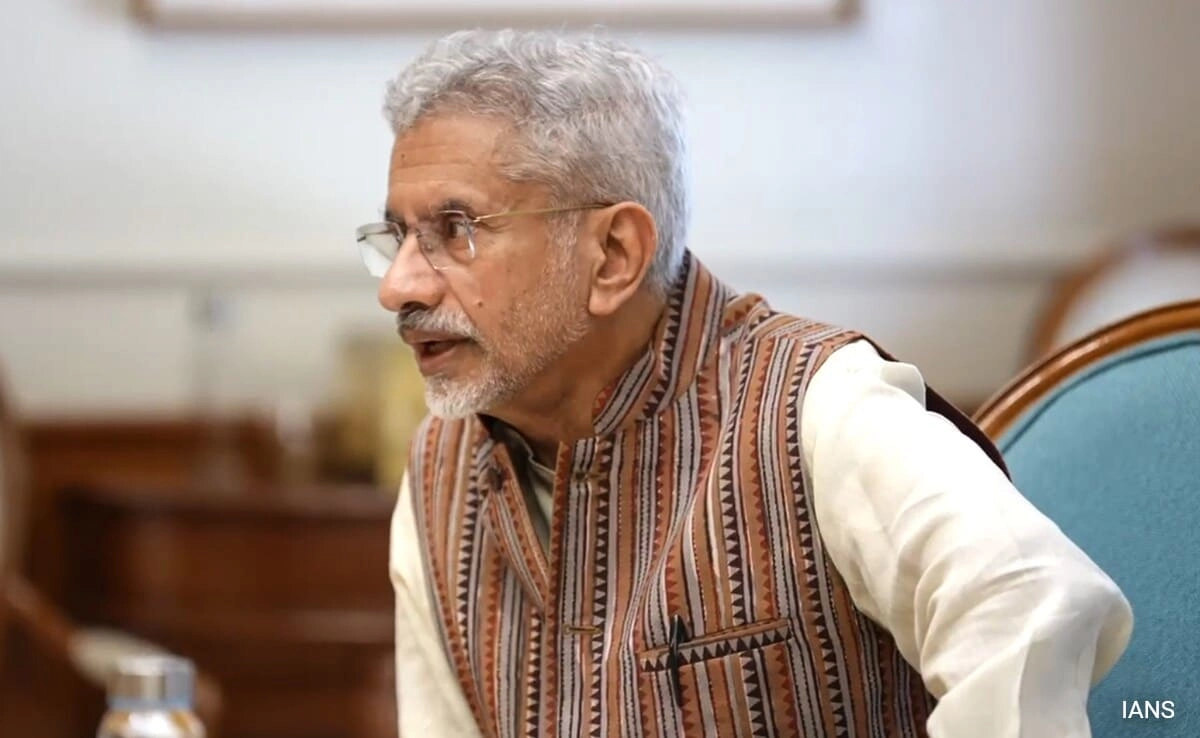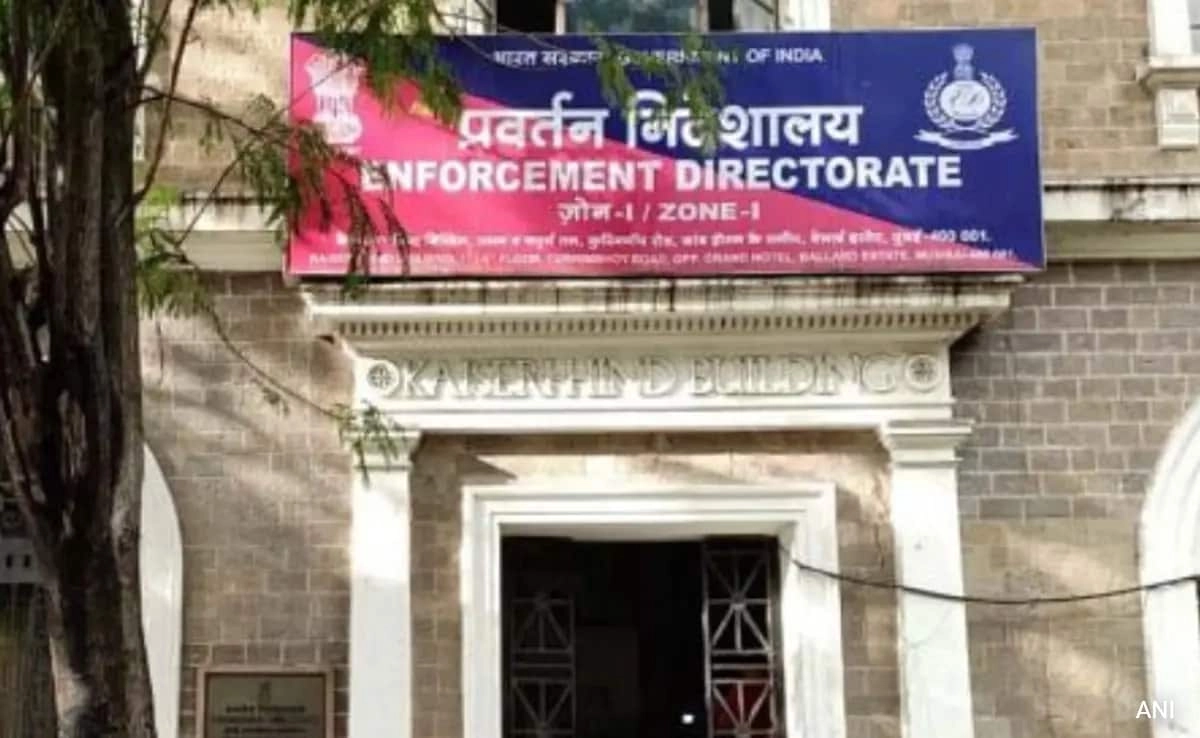In a groundbreaking development, Indian External Affairs Minister S. Jaishankar engaged in a conversation with the Taliban’s Foreign Minister, marking the first official dialogue between India and the Taliban since the latter’s takeover of Afghanistan in August 2021. This historic interaction signifies a pivotal moment in India’s foreign policy, reflecting a nuanced approach to engage with a regime that has been widely criticized for its human rights record and governance style. The dialogue underscores India’s growing interest in understanding the evolving political landscape in Afghanistan, particularly in light of its longstanding ties with the Afghan people and concerns regarding regional stability.
During the conversation, Jaishankar emphasized India’s commitment to the welfare of the Afghan people, stressing the importance of humanitarian assistance and the need for an inclusive government that represents all sections of Afghan society. The discussions also touched upon various issues concerning security, counter-terrorism, and the role of regional powers in ensuring peace and stability in Afghanistan. This engagement comes at a time when Afghanistan is facing significant challenges, including economic turmoil, a humanitarian crisis, and the resurgence of extremist factions, which pose threats not only to Afghanistan but to the broader South Asian region.
The dialogue between Jaishankar and the Taliban’s Foreign Minister is also indicative of a shifting geopolitical landscape, where nations are reassessing their foreign policy strategies in response to the Taliban’s governance. For India, this conversation serves as a strategic maneuver to maintain its influence in Afghanistan and safeguard its interests, particularly in light of Pakistan’s close ties with the Taliban. It reflects India’s pragmatic approach to diplomacy, recognizing the need to engage with various stakeholders to promote stability and peace in a region that has long been fraught with conflict.
As India navigates this complex situation, the conversation with the Taliban is likely to have far-reaching implications for its foreign policy and regional dynamics. The historical significance of this dialogue cannot be understated, as it represents a cautious yet necessary step towards fostering dialogue and understanding in a tumultuous geopolitical context. Moving forward, it remains to be seen how this engagement will evolve and what it will mean for the future of India-Afghanistan relations, as well as for the broader South Asian security framework.




